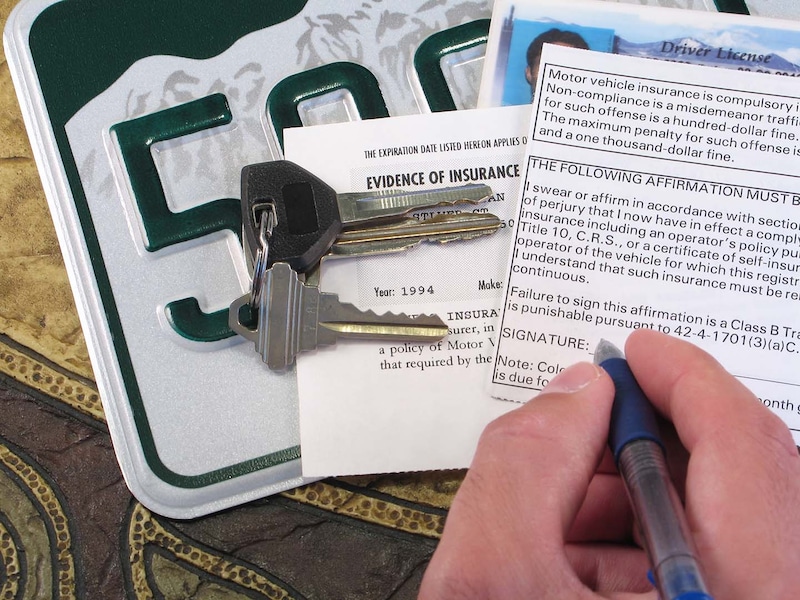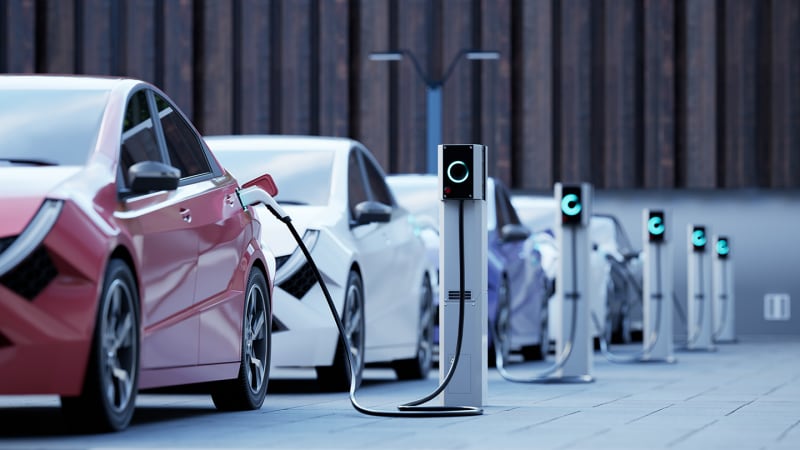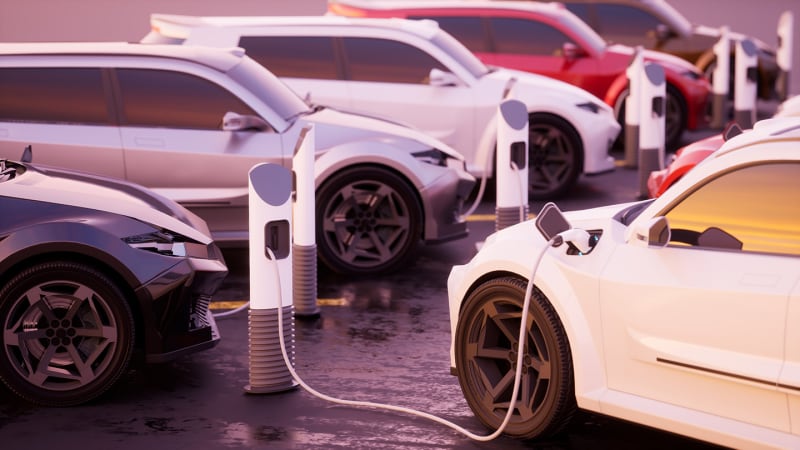What is a pink slip?

Quick insights
- A pink slip (otherwise known as a car title) is a legal document that proves vehicle ownership.
- A car title contains important information about the vehicle and the owner.
- Losing your pink slip can complicate the process of selling your car or transferring ownership.
The term “pink slip” might bring to mind the image of the dreaded dismissal notice at your place of employment. In the world of cars, however, a pink slip acts like your car’s passport, including essential information such as the vehicle's make, model, year and Vehicle Identification Number (VIN). It also details the registered owner's name and address and license plate number.
What is a pink slip?
A pink slip, also known as a car title, is a legal document that establishes a person or business as the legal owner of a vehicle. It's issued by the Department of Motor Vehicles (DMV) and is required when buying or selling a car, transferring ownership or registering a vehicle. But why is it called a pink slip?
The term "pink slip" for a car title originates from California in the early 20th century. During this period, the California DMV issued vehicle ownership certificates that were actually printed on pink paper. This distinctive color made the documents easily recognizable, and the term "pink slip" became synonymous with proof of vehicle ownership. Although modern vehicle titles are no longer necessarily printed on pink paper, the term has persisted in popular usage across the United States.
What's on a pink slip?
A pink slip contains a wealth of information, including the following:
- Vehicle information: A pink slip contains important information about the vehicle. This includes the make, model, year and VIN.
- Owner information: The name and residential address of the legal owner are listed on the pink slip.
- Lienholder information: If there's a lien on the vehicle, such as from a car loan, the lienholder's information will be on the pink slip.
The information on a pink slip is necessary for various legal and financial transactions involving the vehicle.
Who needs a pink slip?
Anyone who owns a vehicle needs a pink slip. It's required when selling or buying a car, registering the vehicle or transferring ownership. If you're financing a car, the lender will typically hold onto the pink slip until the loan is fully paid off.
Advantages of a pink slip
Having a pink slip has several advantages:
- Proof of ownership: The pink slip is the proof of vehicle ownership, which is important because it legally establishes you as the owner of the vehicle.
- Legal transactions: A pink slip is required for many legal transactions, including selling the car or transferring ownership.
- Registration and insurance: You'll need the pink slip to register your vehicle with your state’s DMV. It is also necessary for auto insurance, whether it’s held by the vehicle owner or the lender.
Having a pink slip can make these processes smoother and more straightforward.
How to get a pink slip
When you buy a car, the seller should provide you with the pink slip. If you're buying a new car from a dealership, they'll typically handle the paperwork for you. If you're financing the car, the dealership will typically send the pink slip to the lender, who will hold onto the pink slip until the loan is paid off.
What to do if you lose your pink slip
If you lose your pink slip, don't panic. You can apply for a duplicate title through your local DMV. There will likely be a fee involved, and you'll need to provide certain information about the vehicle and yourself.
The bottom line
A pink slip is an important document for any car owner. It proves ownership, contains important information about the vehicle and is required for many legal and financial transactions. If you lose your pink slip, you can get a duplicate from the DMV. Always keep this document in a safe place.



